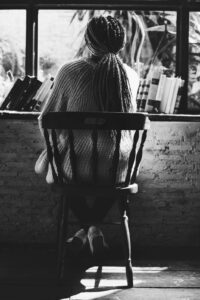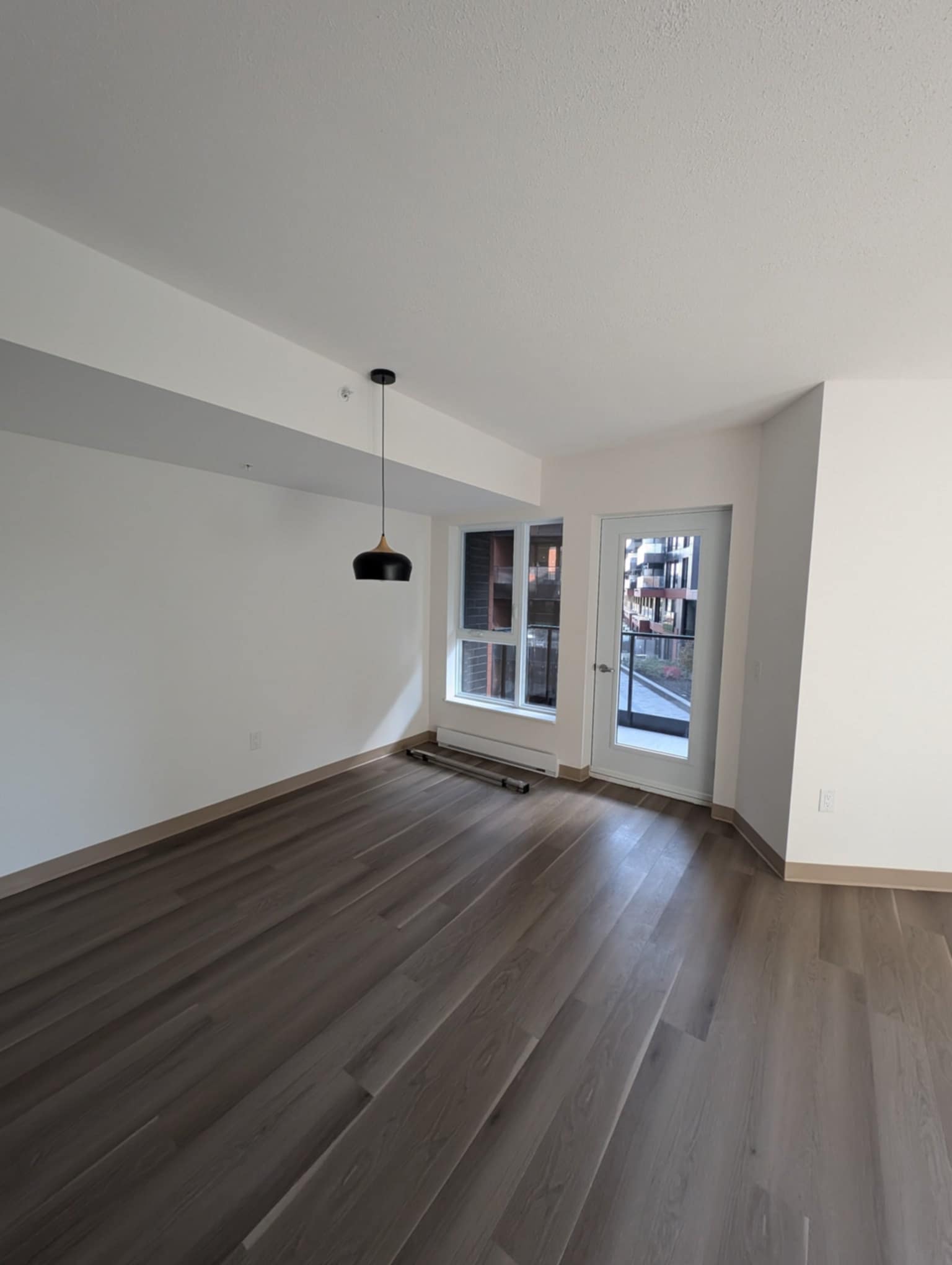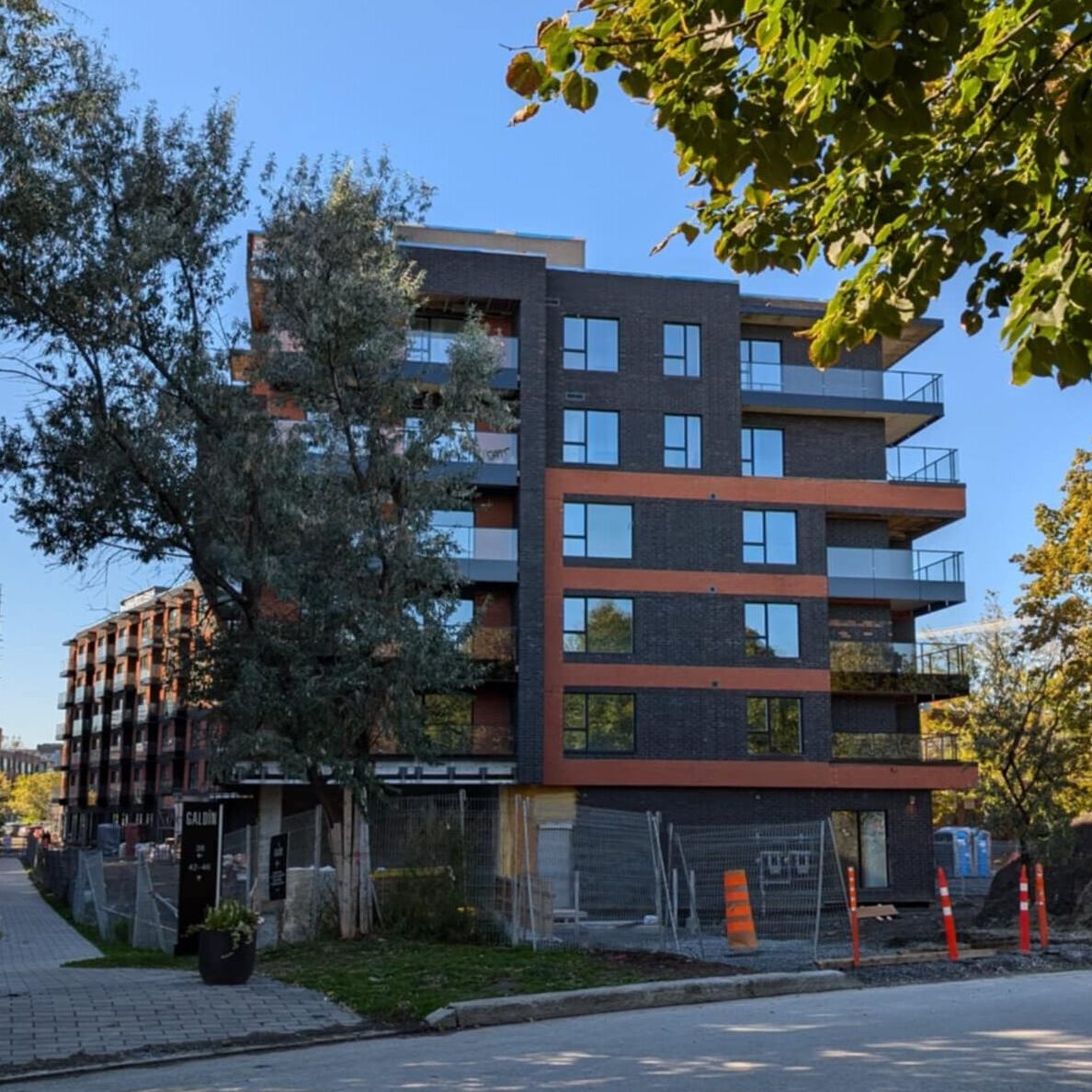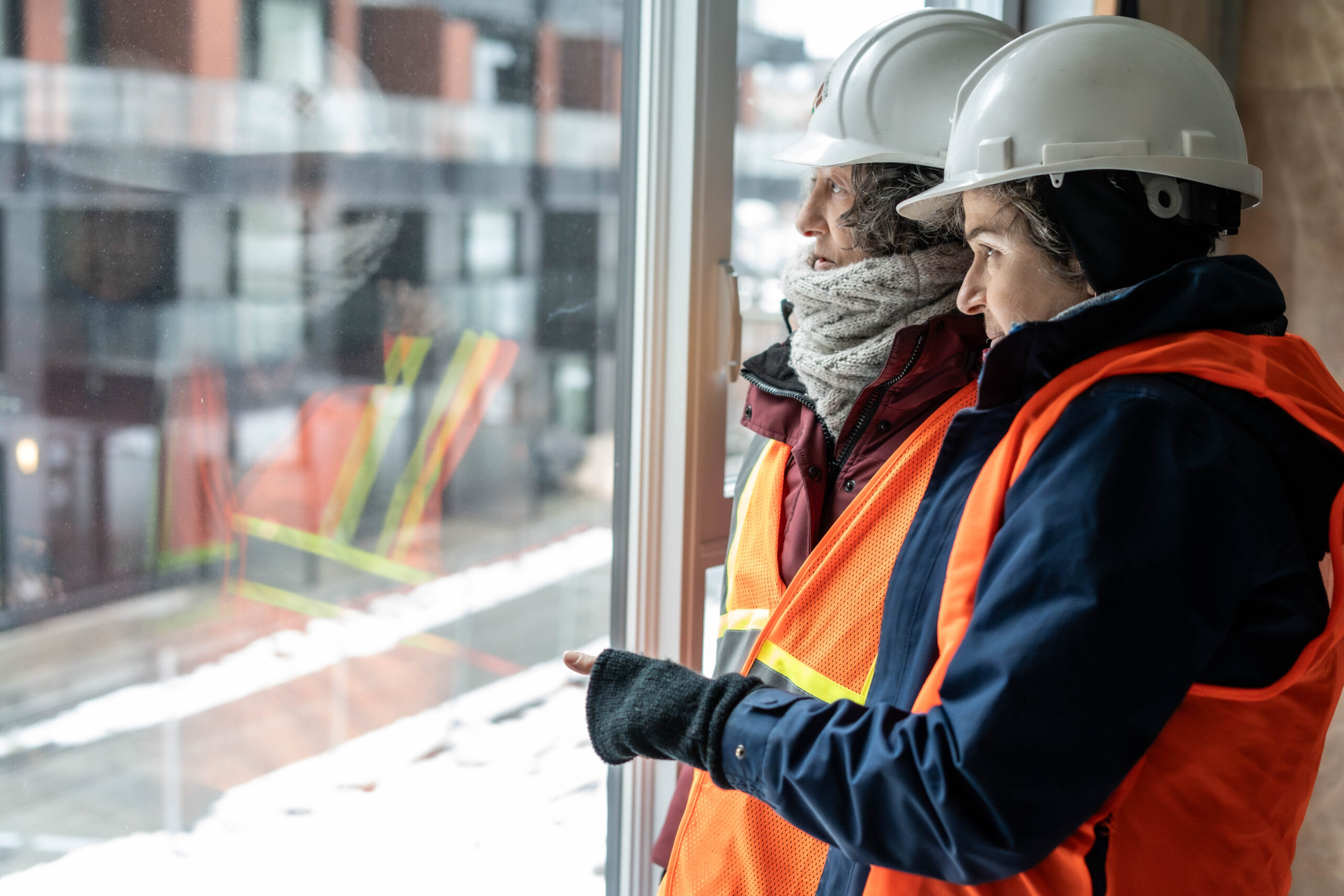As her move-in date approaches, we spoke with Fakornam, a future resident of Les Voisin.es du Canal.
Until now, Fakornam has been living in one of our shelters. Since February, she has been sharing a room with her two sons and her daughter, eagerly awaiting her transition to permanent housing in the Saint-Henri neighborhood.
As she reflects on the transitional period she and her children are about to face, Fakornam shares what this change represents for her after spending several months at Logifem’s Maison Benoy.
F: Honestly, I’m very happy here—but soon, I’ll be leaving this place. I’ll finally have my own space. I’ll have my own food, and I’ll live with my children. I’m so excited about that. But I won’t see my friends from here every day anymore. Still, we have each other’s contact information; we can call and meet up. The friendship will still be there, the connection will still be there. But this life here—where they ring the bell, you go down for lunch, you go down for dinner—I think I’ll miss that a little.
Speaking of the friends you’ve made at the shelter, do you feel that the Logifem community has given you the support you need to navigate this period of change?
F: Yes, I don’t have any other support; Logifem is the only one helping me with everything. The organization and my friends provide me with a lot of support. I’ve had problems with my ex-husband; I was a victim of psychological and emotional abuse. So, coming to Logifem helped me understand so many things. Coming here felt like starting life over again; it’s like being reborn. There are so many challenges—especially financially, because I’m not working right now and relying on social assistance. Moving into a new place requires so many things; I have to buy everything. But Logifem is helping me with a lot of things, providing essential kits like beds, cleaning products, utensils—everything we need to start our new life.
When you move into Les Voisin.es du Canal, you’ll have the chance to experience that same sense of community you had at the shelter. What does living in a community mean to you?
F: Community means family to me, because many of us are immigrants in Canada, and we don’t have our families here—I have no one. So, I can say that community is family.
At Saint-Ambroise, you’ll have the opportunity to transition into permanent housing. What does this mean to you?
F: The first time I went there, it gave me so much courage—not just for me, but for my children as well. I think living there will give me the strength to do more, to work, and especially to help women who find themselves in the same situation I was in before, as victims of domestic violence. Helping women is something that’s very close to my heart. It motivates me, gives me the courage to go to school, even though I don’t like studying [Fakornam laughs]. It’s hard for me, but living there gives me the strength to push myself, to tell myself, “Fakornam, you can do it. You have this opportunity, so you can do it; you’re capable.” That’s what gives me the courage to go back to school.
I want to thank Logifem for everything they’ve done for me and my children—the gifts, the support workers. I want to thank them for all the help they’ve given me and my kids. I couldn’t have done it alone.
Fakornam and her children will soon move into their new home, a 5 ½ subsidized at 75% through the PSL program. It’s the beginning of a new chapter for this beautiful family, one filled with hope and ambition!
Fakornam hopes to take advantage of this wonderful opportunity to return to school. She dreams of working in a field where she can help and support other women facing domestic violence.




